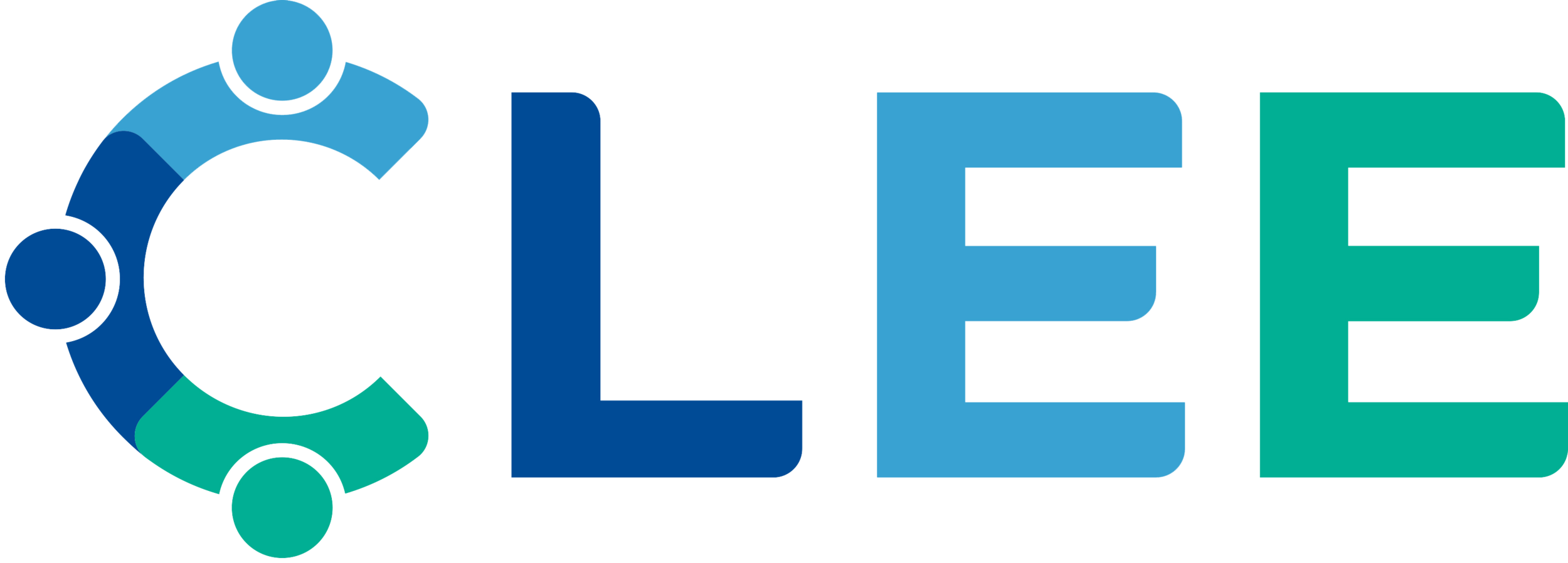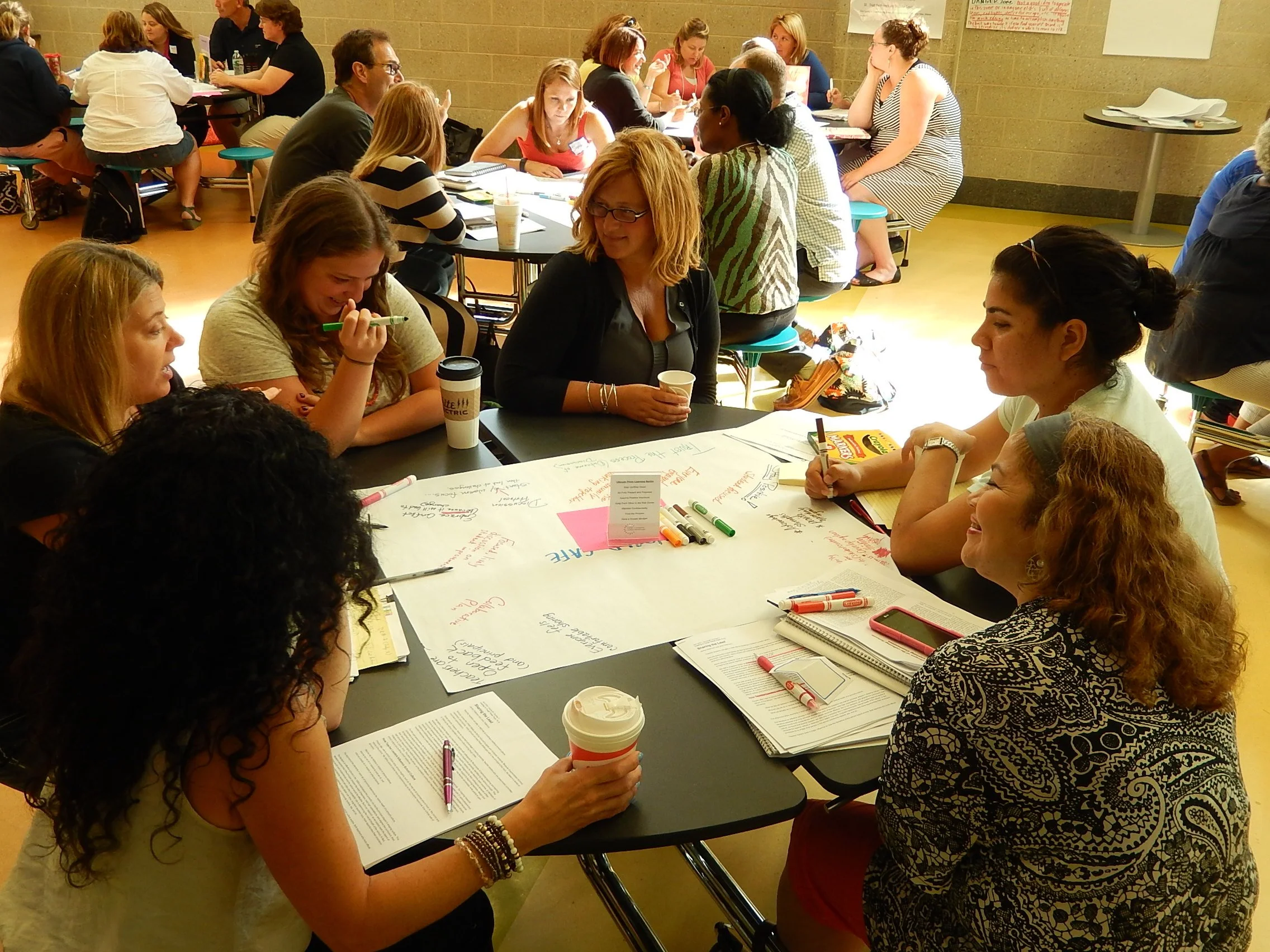Just Being Nice Won’t Get You to Your Equity Goals
We start the school year fresh and excited to make progress on the many initiatives aimed at improving outcomes for each and every student. Then, as we begin implementing them, especially the work driving toward increased equity, we may notice in ourselves and others feelings of overwhelm and resistance.
Any effort to break from past mindsets and skill sets puts a lot of pressure on people. It is more than any one of us on our best day can accomplish alone. We need to work together to achieve transformative results, but schools and workplaces often have systems to promote competition over collaboration and judgment of capability over fostering unlimited potential. As a result, people don’t feel safe to be vulnerable and authentic. Colleagues stay in relationships of congeniality rather than collegiality (Sergiovanni, 1996), which inhibits individual and collective growth. See more in the When Nice Won’t Suffice text below.
We see this trend exemplified by responses to our CLEE Learning Community Survey (which measures the degree to which all the adults in a school are enacting Core Leadership Practices that are shown to increase equity in a school). When asked if colleagues are willing to give feedback/speak up when another colleague is not enacting what they have collectively agreed to do together, it consistently gets the lowest score across nearly every school and organization that has ever taken the survey. We all know engaging in this type of productive conflict is hard; however, without it, we will maintain the status quo and all our best plans to increase equity will fall short of what is possible to achieve together.
To avoid this, you need intentional practices that create a safe and brave space for colleagues to continuously get better at collaborating. When this happens, the sense of individual and collective agency blossoms, and school and other communities are able to achieve what otherwise may feel impossible.
Donna Braun, CLEE Executive Director
These intentional practices are often called facilitative leadership or shared leadership, and have been honed by a national community of colleagues for over 30 years! CLEE is honored to foster these practices by building the skills to use tools like our Learning Community Survey, a bank of open-source discussion and feedback protocols, one-to-one coaching, team coaching, and professional learning services and sessions.
Creating a climate where educators feel both cared for and challenged by each other enables you to achieve your community’s key goals and initiatives. Even more powerfully, it directly impacts the students you serve, so each and every one of them feel both cared for and challenged to unleash their unlimited potential.





